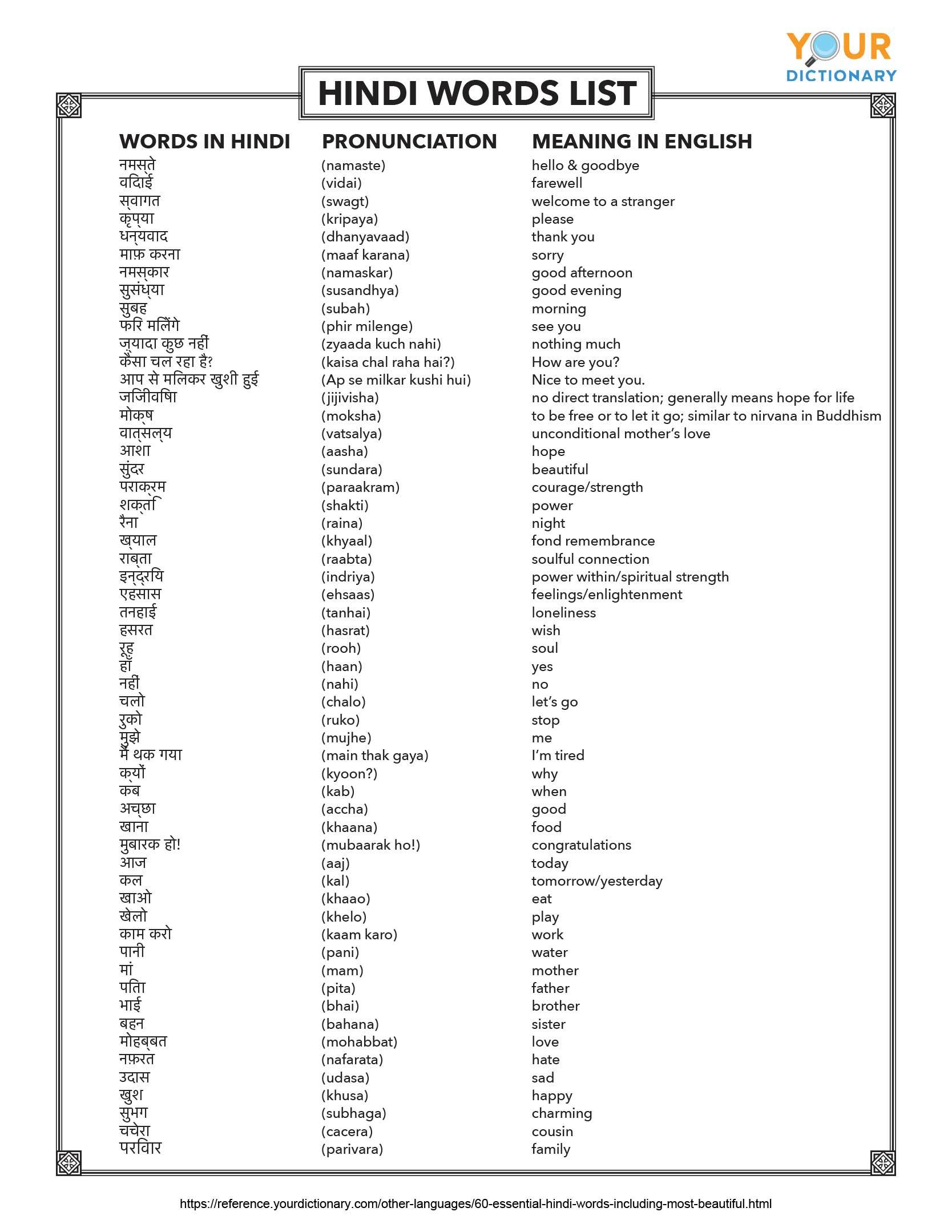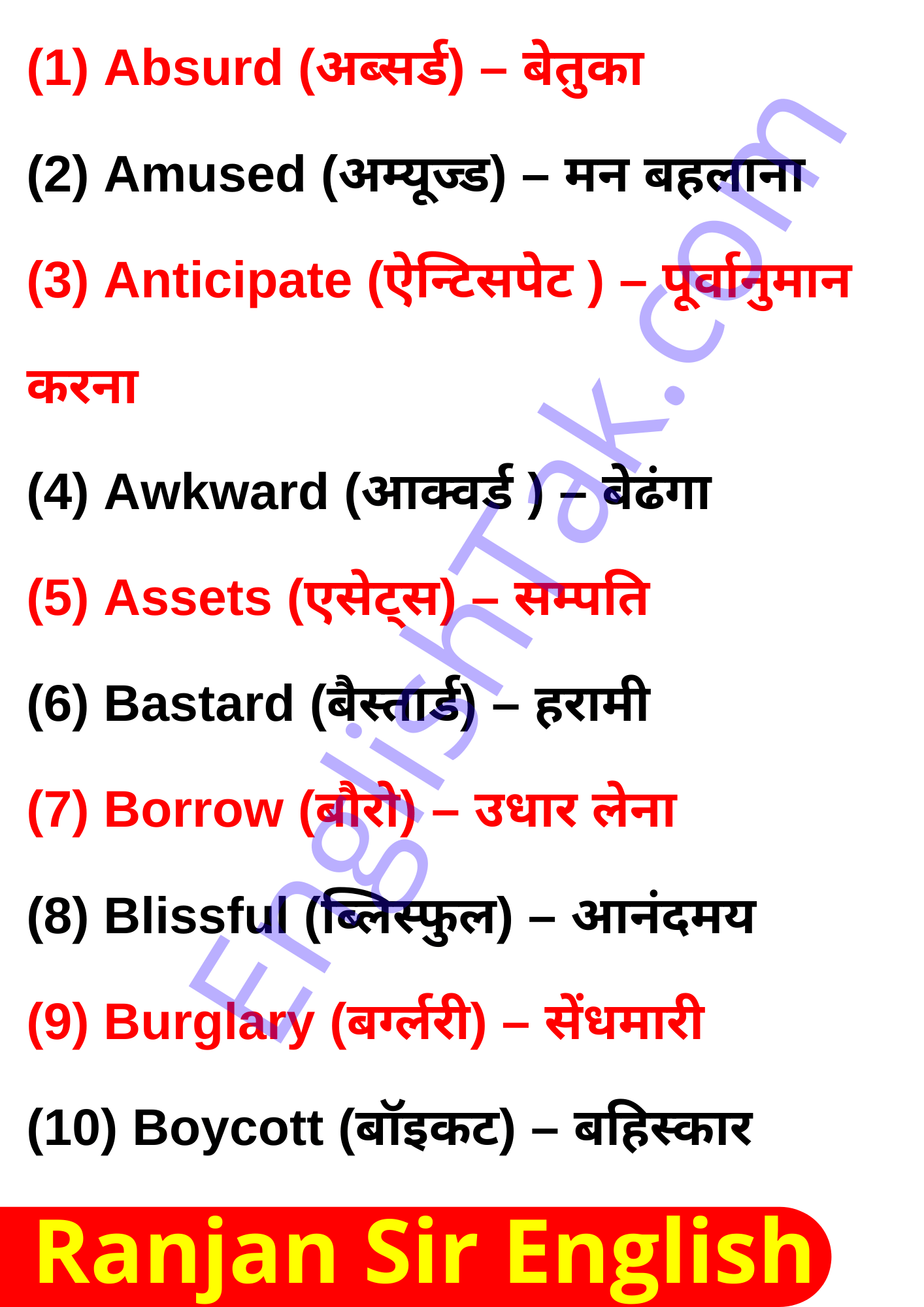I Always Support You Meaning In Hindi: A Comprehensive Guide To Expressing Solidarity
Expressing support for someone is a universal concept that transcends language barriers. If you're looking to translate "I always support you" into Hindi, you're not alone. Many people want to express their unwavering support for loved ones using the right words. In this article, we'll delve into the meaning, cultural significance, and various ways to convey this powerful message in Hindi. So, let's dive in!
Whether you're trying to uplift a friend, inspire a family member, or simply express your loyalty in a meaningful way, knowing how to say "I always support you" in Hindi can strengthen your relationships. The beauty of language lies in its ability to convey emotions, and Hindi is no exception.
Throughout this guide, we'll explore the nuances of Hindi expressions, the cultural context behind support in Indian communities, and practical tips for using these phrases effectively. So, if you're ready to learn how to express your support with authenticity, let's get started!
Understanding the Phrase "I Always Support You" in Hindi
Let's begin by breaking down the phrase "I always support you" into its Hindi equivalent. The most common translation is "मैं हमेशा तुम्हारा समर्थन करता हूँ" (Main hamesha tumhara samarthan karta hoon) for male speakers or "मैं हमेशा तुम्हारा समर्थन करती हूँ" (Main hamesha tumhara samarthan karti hoon) for female speakers. Notice the slight difference in verb endings based on gender. Cool, right?
Why Is This Phrase Important?
Expressions of support carry immense weight in any language. In Hindi-speaking communities, phrases like "हमेशा तुम्हारे साथ हूँ" (Hamesha tumhare saath hoon) or "मैं तुम्हारे पीछे हूँ" (Main tumhare peeche hoon) go beyond mere words—they signify deep commitment and loyalty. These phrases are often used in moments of encouragement, celebration, or even when someone needs a shoulder to lean on.
Breaking Down the Key Words
Now that we know the basic translation, let's dissect the key words to understand their meaning:
- हमेशा (Hamesha): Always or forever.
- समर्थन (Samarthan): Support or backing.
- तुम्हारा (Tumhara): Your (possessive form).
- करता/करती हूँ (Karta/Karti Hoon): I do (male/female form).
Understanding these individual components can help you adapt the phrase to different contexts or even create variations based on the situation.
The Cultural Significance of Support in Hindi
In Indian culture, the concept of support is deeply ingrained in family values, friendships, and community bonds. Phrases like "हमेशा तुम्हारे साथ हूँ" reflect the idea of unwavering loyalty and commitment. Whether it's a parent supporting their child, a friend standing by another during tough times, or a spouse expressing devotion, these words carry emotional weight.
How Support Is Expressed in Indian Society
Support in Indian society isn't just about saying the right words; it's about actions, too. Here are a few examples:
- Family Ties: In many households, family members express support through daily acts of kindness, such as helping with chores or offering advice.
- Friendships: Friends often use phrases like "हमेशा तुम्हारे पीछे हूँ" to show they're always there for each other.
- Community Bonds: In villages and neighborhoods, people come together to support one another during festivals, weddings, or crises.
Variations of "I Always Support You" in Hindi
While "मैं हमेशा तुम्हारा समर्थन करता हूँ" is the most common translation, there are several variations you can use depending on the context:
Formal Variations
In formal settings, you might want to use more respectful language. Here are a few examples:
- "हम हमेशा आपका समर्थन करते हैं" (Hum hamesha aapka samarthan karte hain)
- "हमेशा आपके साथ हैं" (Hamesha aapke saath hain)
Informal Variations
For casual conversations, you can use simpler phrases:
- "मैं तेरे साथ हूँ" (Main tere saath hoon)
- "मैं तुझे हमेशा समर्थन दूँगा" (Main tujhe hamesha samarthan dunga)
Using "I Always Support You" in Different Contexts
Knowing how to use this phrase in various situations can make your communication more impactful. Here are a few examples:
Encouraging Someone
When someone is facing challenges, you can say:
- "जिंदगी में कुछ भी हो, मैं तेरे साथ हूँ" (Jindagi mein kuch bhi ho, main tere saath hoon).
Celebrating Success
During moments of triumph, express your pride with:
- "तुम्हारी कामयाबी में मेरा हर हाथ है" (Tumhari kaamyabi mein meri har haath hai).
Practical Tips for Using These Phrases
Now that you know the translations and variations, here are some tips to use them effectively:
- Be Genuine: Always mean what you say. Authenticity matters more than the words themselves.
- Consider the Context: Choose the right phrase based on the situation and relationship.
- Combine Words with Actions: Back up your words with actions to make them more meaningful.
Common Mistakes to Avoid
While learning any language, it's easy to make mistakes. Here are a few to watch out for:
- Wrong Gender Agreement: Remember to adjust verb endings based on gender.
- Incorrect Pronouns: Use the right pronouns (तुम, तेरा, आप, etc.) depending on the formality of the situation.
Conclusion
Expressing "I always support you" in Hindi is more than just a translation—it's a way to connect with others on a deeper level. Whether you're using formal phrases in professional settings or casual expressions among friends, the essence remains the same: showing unwavering support and loyalty.
So, why not try using one of these phrases today? Whether it's to uplift a loved one or strengthen a bond, your words can make a world of difference. And remember, actions speak louder than words, so back up your promises with meaningful gestures.
Don't forget to share this article with your friends and family who might find it helpful. Together, let's spread the message of support and solidarity!
Daftar Isi
- Understanding the Phrase "I Always Support You" in Hindi
- Breaking Down the Key Words
- The Cultural Significance of Support in Hindi
- Variations of "I Always Support You" in Hindi
- Using "I Always Support You" in Different Contexts
- Practical Tips for Using These Phrases
- Common Mistakes to Avoid
- Conclusion

Unprecedented Meaning In Hindi

100 Meaning In English To Hindi Free Printable Template

Pin on Angreji Pustak

125 Daily Use English Words with Hindi Meaning